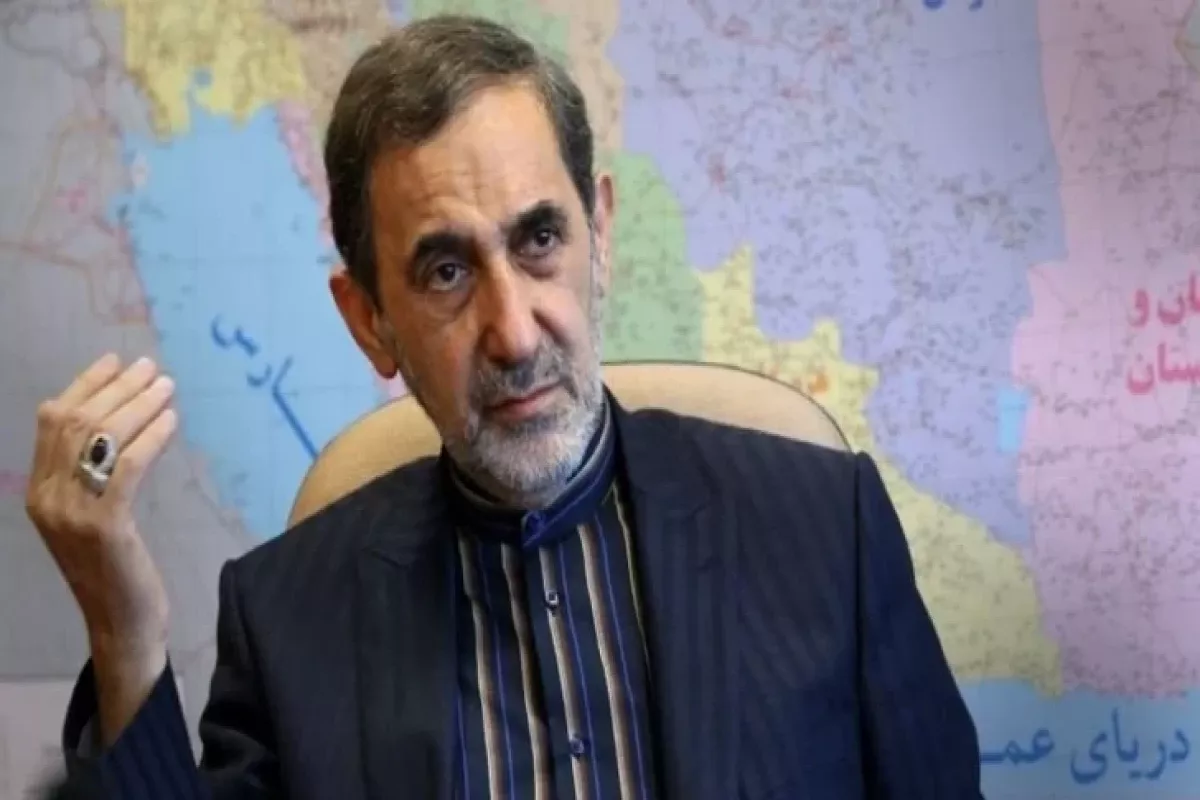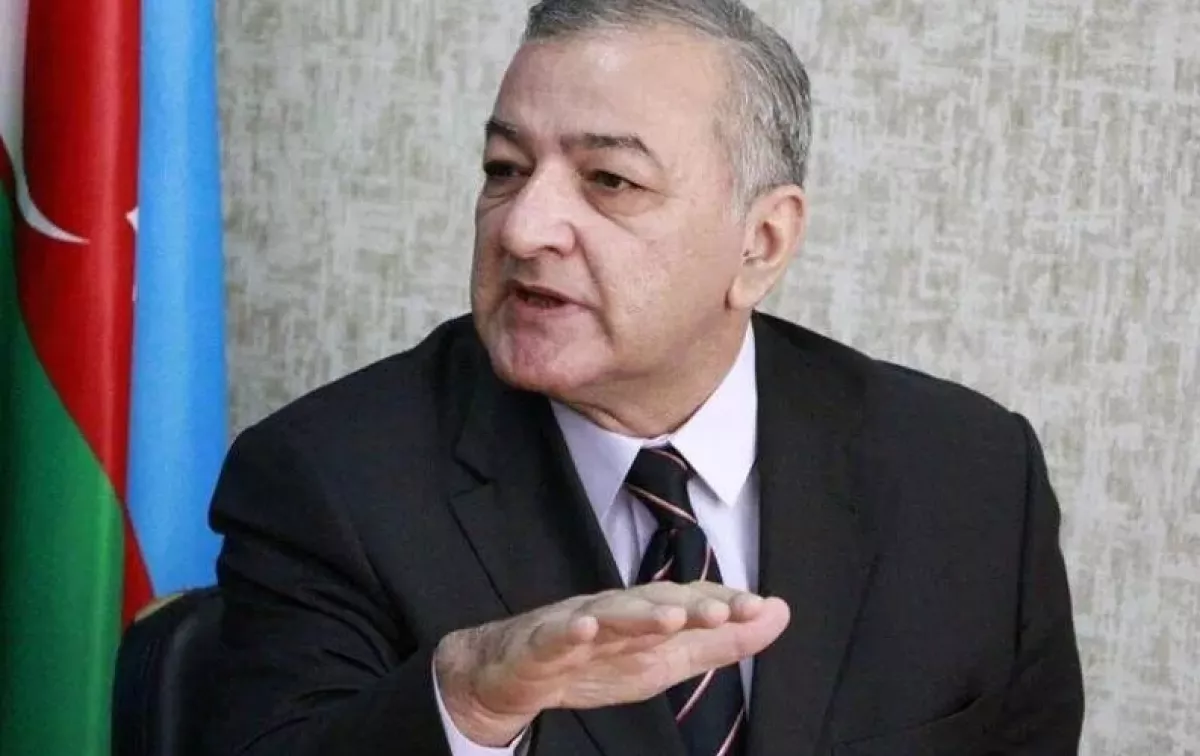Iranian adviser slams Baku, forgets oil to India, friendship with Yerevan Expert opinions on Caliber.Az
Ali Akbar Velayati, Adviser on International Affairs to the Supreme Leader of Iran, unexpectedly voiced discontent toward Baku during a meeting with Pakistan’s Interior Minister Mohsin Naqvi in Tehran.
“You have close relations with Azerbaijan, but at the same time, it should be noted that the Azerbaijani state is taking steps that contradict the views of the Islamic world. Specifically, mediating between Al-Julani and the Zionist regime, as well as exporting oil to Israel at the peak of that regime’s crimes against the oppressed Palestinian people.
You can ask them why they are taking actions that go against the opinion of Muslims and Islamic countries,” Velayati stated.

The Iranian politician allows himself such reproaches, yet apparently prefers not to recall that during decades of Armenian occupation of Azerbaijani territories, Iran freely cooperated with Armenia on all fronts — and this, for some reason, was not viewed by him as contradicting “the opinion of Muslims and the Islamic world.”
What kind of response statements from Azerbaijan would be most appropriate in this situation? Could the adviser’s remarks indicate growing irritation within Iran’s leadership over the gradual normalisation of relations between Tehran and Baku?
Caliber.Az asked well-known experts to comment on the situation.

Israeli Iran expert and author of the Telegram channel Oriental Express, Mikhail Borodkin, sees several clear objectives behind Ali Akbar Velayati’s statement.
“It’s no coincidence that he addressed a representative of the Pakistani government in particular. Today, Pakistan is one of Azerbaijan’s strategic partners, and the Iranian regime is clearly hoping to use Islamabad to increase pressure on Baku by playing the card of Islamic solidarity.
At the same time, Tehran likely seeks to cool relations between Azerbaijan and Pakistan. The regime is concerned about Baku’s growing success on the international stage.
Velayati’s statement comes across as rather harsh, especially considering that previous attacks on Azerbaijan — even the fiercest — were mostly directed at Iran’s domestic audience. There is a deliberate stoking of tensions inside the country — a kind of mobilisation strategy through the narrative of a besieged fortress.
Meanwhile, outwardly the regime has been sending signals of goodwill. A vivid example is the recent visit of President Masoud Pezeshkian to Azerbaijan — and not just anywhere, but to Khankendi.
At his meeting with President Ilham Aliyev, he emphasised the need for neighbouring countries to cooperate. And all of this was done with the full knowledge of Supreme Leader Ali Khamenei — the President of Iran cannot voice positions that contradict those of the rahbar,” the Iran expert explained.
Nevertheless, according to Borodkin, conservative circles within the Iranian leadership now appear to have decided to increase pressure on Azerbaijan.
“Hence Velayati’s outburst during his meeting with Pakistan’s Interior Minister. When the regime allows itself to harshly criticise a neighbouring country on fabricated grounds — and such rhetoric is broadcast around the clock in the media space — it begins to influence decision-makers. At some point, the regime may start to believe its own accusations, and that opens the path to escalating tensions with Azerbaijan, including potential provocations.
That’s why it’s crucial to de-escalate the rhetoric, while at the same time remaining fully prepared for various scenarios,” Borodkin believes.

Azerbaijani security expert Ilham Ismayil, in turn, noted that Velayati’s speech sounds more like hearsay or speculation than an official policy statement.
“Every state has its own interests. Let’s not forget that for Iran, friendship with Christian Armenia was long considered more acceptable than with Muslim Azerbaijan.
One could also ask Velayati another question: why does Iran sell part of its oil to India, while Muslim Pakistan has been in conflict with India for many years?
Azerbaijan’s leadership is one of the most active members of the Organisation of Islamic Cooperation. Despite close ties with Israel, the country’s president has repeatedly affirmed recognition of the State of Palestine. Economic cooperation between Baku and Tel Aviv has lasted for decades, but it has never been aimed against the Muslim world,” the expert reminded.
According to Ismayil, Iran’s fundamental foreign policy approach towards the Republic of Azerbaijan remains ambivalent.
“Although reformist Masoud Pezeshkian has taken certain steps toward normalising relations with Azerbaijan, Khamenei and the Islamic Revolutionary Guard Corps (IRGC) structures are firmly opposed.
Iran is experiencing a domestic crisis and is not yet ready for sharp changes in its relations with Azerbaijan and Türkiye. The regime’s policy is rooted more in Persian chauvinism than in genuine Islamic values. That’s why this line is likely to continue until there is a change of power in Tehran,” he concluded.








